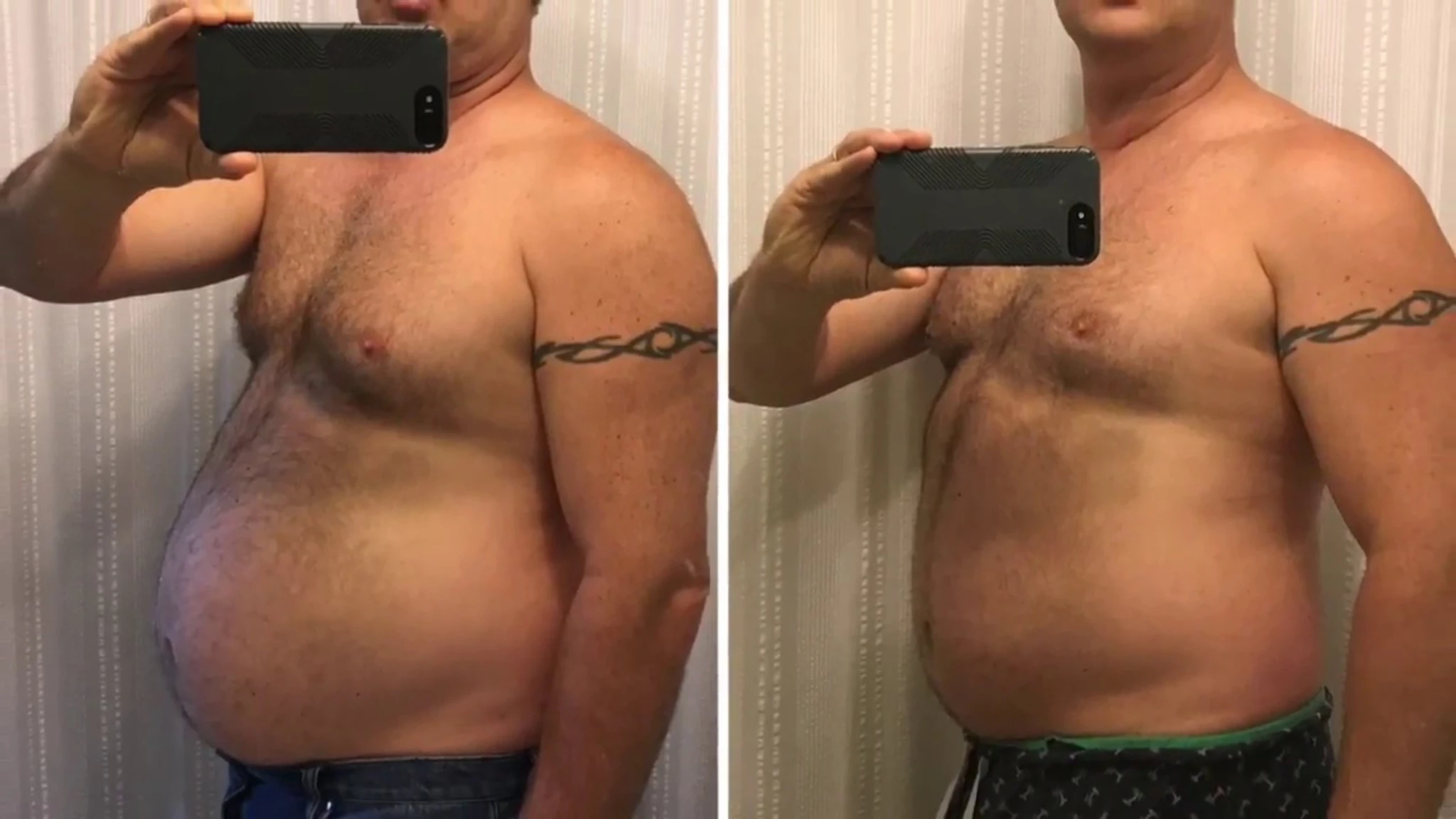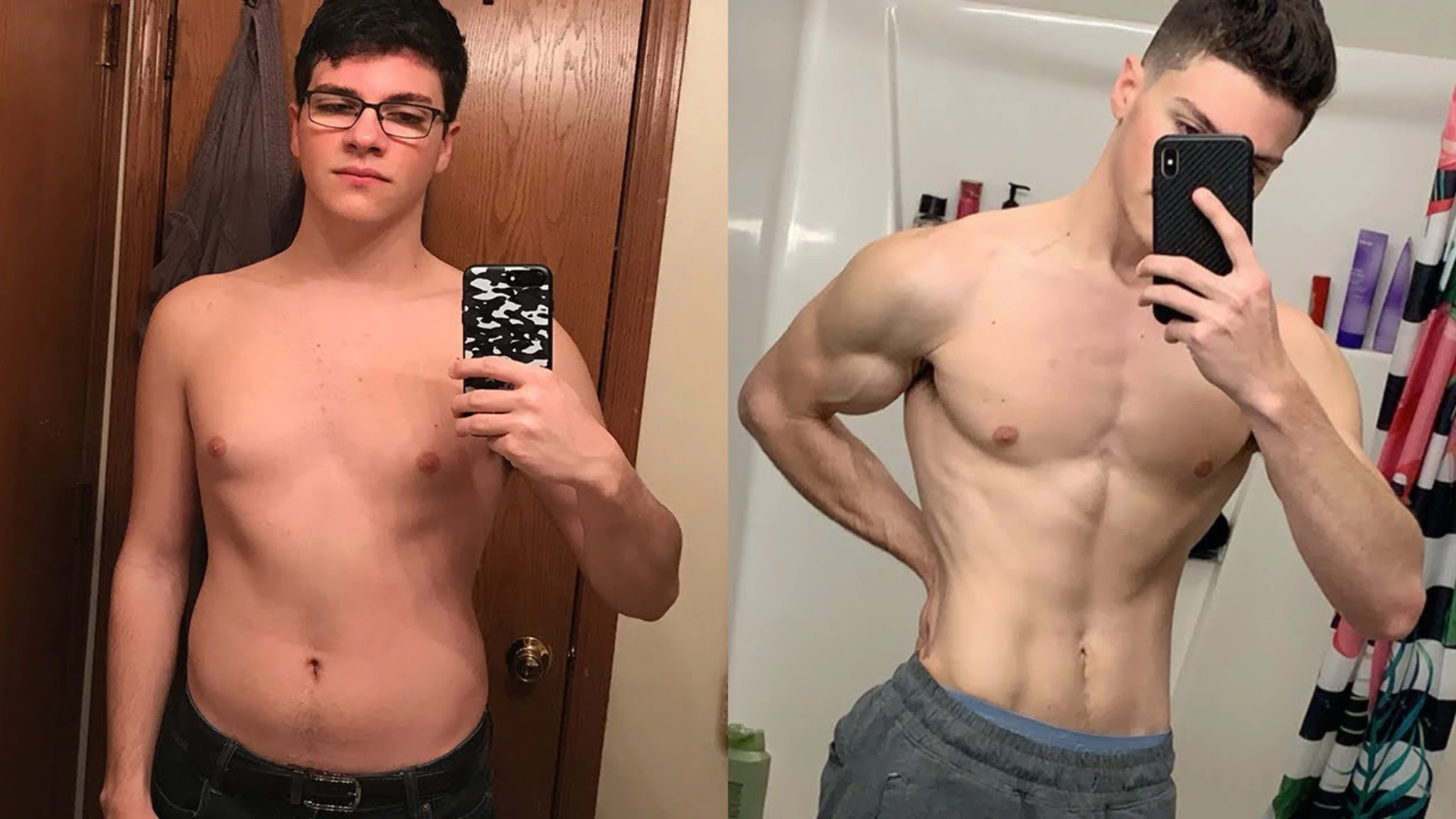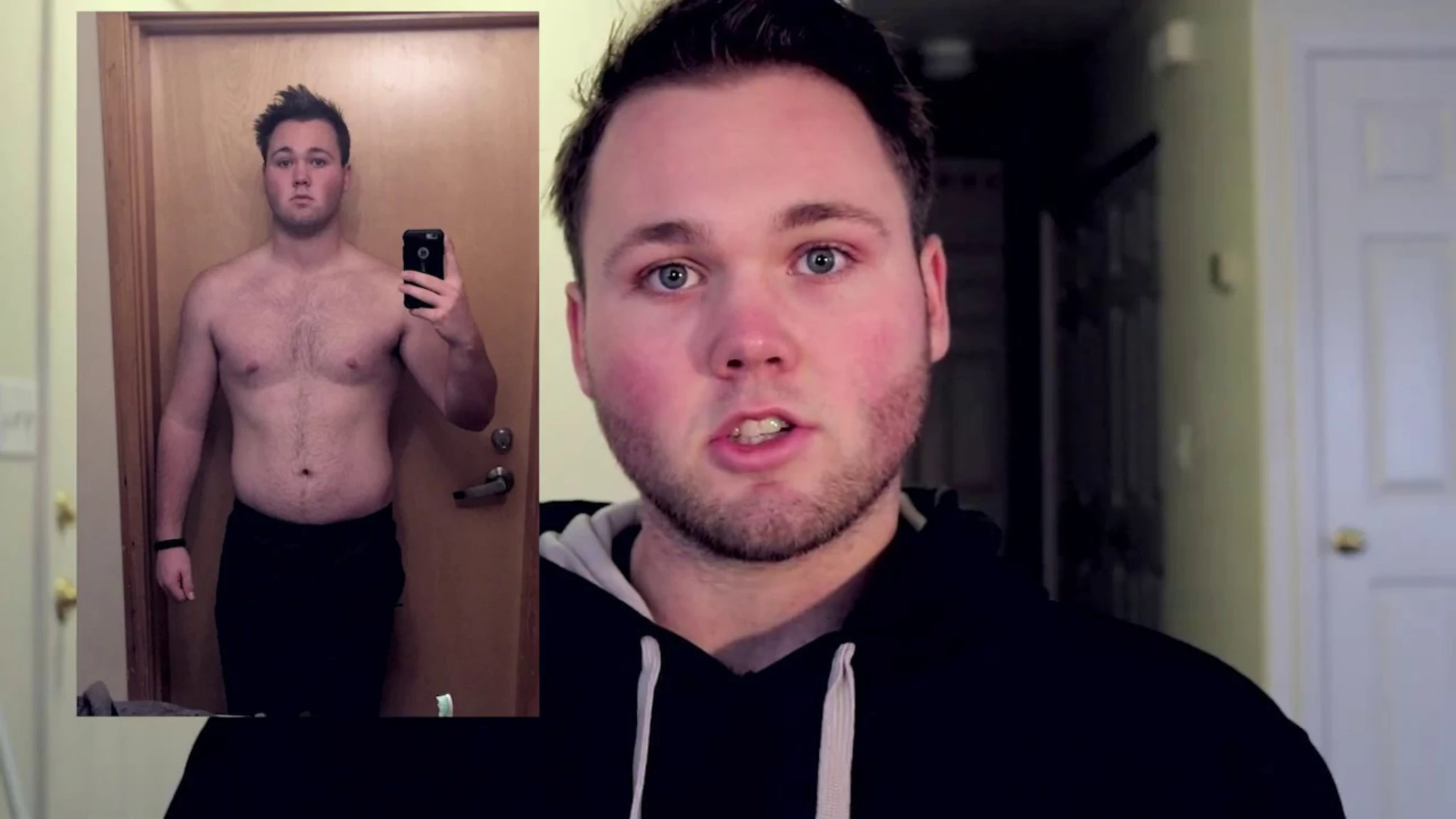Losing 30 pounds is a common goal for many people today. How long does it take to lose 30 pounds? Most people need 15–30 weeks at a steady, healthy pace. Quick fixes often fail, but safe weight loss builds habits you can keep. Patience, consistency, and balance will create results that last long term.
It typically takes 15–30 weeks to lose 30 pounds safely. Aim for one to two pounds per week with a balanced calorie deficit. Combine nutritious meals, regular exercise, proper sleep, and stress control. Slow, steady progress protects your body and builds habits for lasting weight maintenance.
How Long Does It Take to Lose 30 Pounds Safely

Losing weight too quickly can stress your body and harm your health. Experts recommend losing one to two pounds each week for the best outcome. At this pace, most people will need four to seven months to drop 30 pounds safely. This timeline allows your body to adapt without rebound weight gain.
A steady pace also keeps your metabolism stable and energy levels strong. Extreme diets or crash workouts may cause burnout or injuries. Choosing balanced, manageable changes ensures your weight loss is sustainable and healthy. Safe weight loss is about building habits, not chasing fast results.
Factors That Affect Losing 30 Pounds
Your weight loss speed depends on many personal factors, including age and gender. Metabolism, current weight, activity level, and daily habits all play important roles. Two people with similar plans may still progress at different speeds. Recognizing these factors helps set realistic expectations for your journey.
Lifestyle choices such as sleep, hydration, and stress management can influence your progress. Poor sleep or high stress can slow fat loss even with good habits. Tracking your meals and exercise reveals patterns that can be improved. Adjusting these elements can make your timeline shorter and your plan more effective.
Healthy Habits to Help Lose 30 Pounds

Small, consistent changes create long-lasting results without extreme effort. Eat whole foods like vegetables, fruits, lean proteins, and whole grains daily. Avoid sugary drinks and processed snacks that add empty calories without nutrition. Drinking enough water can reduce hunger and improve your energy levels.
Plan meals ahead to avoid impulsive choices and overeating. Tracking calories or using a food journal builds awareness and accountability. Pair your diet with regular exercise and active living. Consistency with these habits helps you lose weight gradually and keep it off permanently.
Simple Diet Changes for Losing 30 Pounds Gradually
Replace fried foods with baked, grilled, or steamed options for fewer calories. Add more fiber-rich vegetables and fruits to stay full longer between meals. Reduce added sugars by choosing natural sweeteners or skipping sugary desserts. These small swaps support steady fat loss and improved health.
Eat balanced meals that combine protein, complex carbs, and healthy fats. Portion control is key use smaller plates or measure servings for accuracy. Avoid skipping meals, which can lead to overeating later. Gradual, thoughtful diet adjustments make weight loss more sustainable and enjoyable.
Best Exercises to Support Losing 30 Pounds
Cardio exercises like brisk walking, cycling, or swimming burn calories efficiently. Strength training builds muscle, which raises metabolism even when resting. Combining cardio and resistance workouts delivers the best fat loss results. Start with moderate sessions three times a week and increase duration over time.
Mixing different activities keeps workouts fresh and prevents boredom. Include stretching or yoga for flexibility and recovery support. Track your workouts to monitor progress and celebrate achievements. Consistent exercise combined with healthy eating accelerates safe weight loss and builds lasting fitness habits.
Staying Motivated While Losing 30 Pounds

Motivation often fades when results feel slow or obstacles appear. Setting small, realistic goals keeps progress achievable and exciting. Track your successes using journals, apps, or photos for visual reminders. Celebrating small victories helps maintain momentum and reduces frustration during challenges.
Surround yourself with positive support from friends, family, or online communities. Share your goals to increase accountability and encouragement. Visual tools like progress boards or inspirational quotes can reignite your determination. Staying motivated ensures you remain consistent even when weight loss feels tough.
Overcoming Plateaus During Weight Loss
Plateaus happen when your body adjusts to your routine and calorie intake. They are normal and not a sign of failure. Review your diet to ensure portion sizes and calories remain appropriate. Adding variety to your workouts can stimulate progress and break through stalls.
Try increasing exercise intensity or incorporating new activities like interval training. Refreshing your routine prevents boredom and challenges your body in new ways. Be patient and remember that plateaus are part of the journey. Consistent effort and small adjustments will get you moving forward again.
Tracking Progress Toward Losing 30 Pounds
Track weight weekly rather than daily to see accurate trends. Use smartphone apps, journals, or photos to monitor your changes. Logging meals and exercise builds awareness of habits and progress. Tracking helps you identify patterns that may need improvement for continued results.
Celebrate milestones like your first five pounds lost or improved fitness. Rewards like a new workout shirt or fun activity boost motivation. Avoid relying solely on the scale measure non-scale victories such as better sleep or increased energy. Recognizing multiple forms of progress keeps you encouraged and focused.
Expert Advice on Losing 30 Pounds Safely
Professional guidance helps ensure your weight loss plan matches your health needs. Talk to a doctor or dietitian if you have medical conditions. Their expertise tailors your plan for safety and efficiency. This prevents injury or health issues while pursuing your goal.
If you feel overwhelmed or unsure, seek help from trainers or support groups. A trainer can design effective workouts suited to your lifestyle. Support groups provide shared experiences, accountability, and motivation. Expert advice strengthens your confidence and helps you stay consistent.
When to Get Professional Help for Weight Loss
Consult a healthcare provider if you feel fatigued, dizzy, or unwell. These symptoms may signal your plan needs adjustments for safety. Doctors can identify underlying conditions that may slow weight loss progress. Early support prevents setbacks and ensures a healthier journey.
Reach out to a registered dietitian for personalized nutrition strategies. A dietitian can create meal plans tailored to your tastes and goals. Trainers or coaches can adjust exercises to avoid injury or overtraining. Professional input makes your weight loss journey safer and more effective.
Tips to Avoid Burnout or Injury
Extreme diets or workouts can cause harm, stress, or burnout. Additionally, begin with manageable goals you can sustain for months, not days. Meanwhile, take rest days seriously to allow recovery and prevent overuse injuries. Balanced meals and proper sleep also protect your health and energy.
Moreover, focus on consistency rather than speed for better long-term results. Use reminders or schedules to stay on track without pressure. Listen to your body and adjust when necessary for safe progress. Long-term weight loss is about overall health, not quick fixes.
Sample Weekly Plan for Losing 30 Pounds
| Day | Workout | Meal Focus | Key Habit |
|---|---|---|---|
| Monday | Brisk walking | Lean protein + veggies | Drink 8 glasses water |
| Tuesday | Strength train | Whole grains + veggies | Track meals |
| Wednesday | Cycling | Balanced snacks | Sleep 7–8 hours |
| Thursday | Rest/stretch | High-fiber foods | Limit sugary drinks |
| Friday | Brisk walking | Lean protein + salad | Practice portion control |
| Saturday | Strength + cardio | Balanced carbs + protein | Celebrate progress |
| Sunday | Light yoga | Hydrating foods | Prep healthy meals |
Mindset Shifts for Sustainable Weight Loss
See weight loss as an investment in long-term health, not punishment. Instead, focus on strength, energy, and confidence rather than the scale alone. Moreover, avoid comparing yourself to others their timelines may differ from yours. Therefore, patience and persistence make healthy habits stick for life.
Additionally, celebrate non-scale victories like improved sleep or better mood. Indeed, these signs prove your body and mind are benefiting. Remember, slow, steady progress creates lasting change. Finally, a positive mindset makes the journey more enjoyable and sustainable.
Conclusion: How Long Does It Take to Lose 30 Pounds
Most people need 15 30 weeks to lose 30 pounds safely. Moreover, consistent healthy eating, as well as regular workouts, therefore ensure sustainable results. Additionally, track progress, meanwhile adjust strategies, and similarly ask for professional guidance when needed see our guide on creating a sustainable weight loss plan for more details.
Consequently, steady steps build lasting habits. Ultimately, start today with however one small change; furthermore, these actions lead to transformation. In fact, likewise, every effort counts, thus, patience and persistence bring success. Finally, embrace the journey with determination and care check out our tips for building healthy eating habits and beginner friendly workout routines to stay on track.











